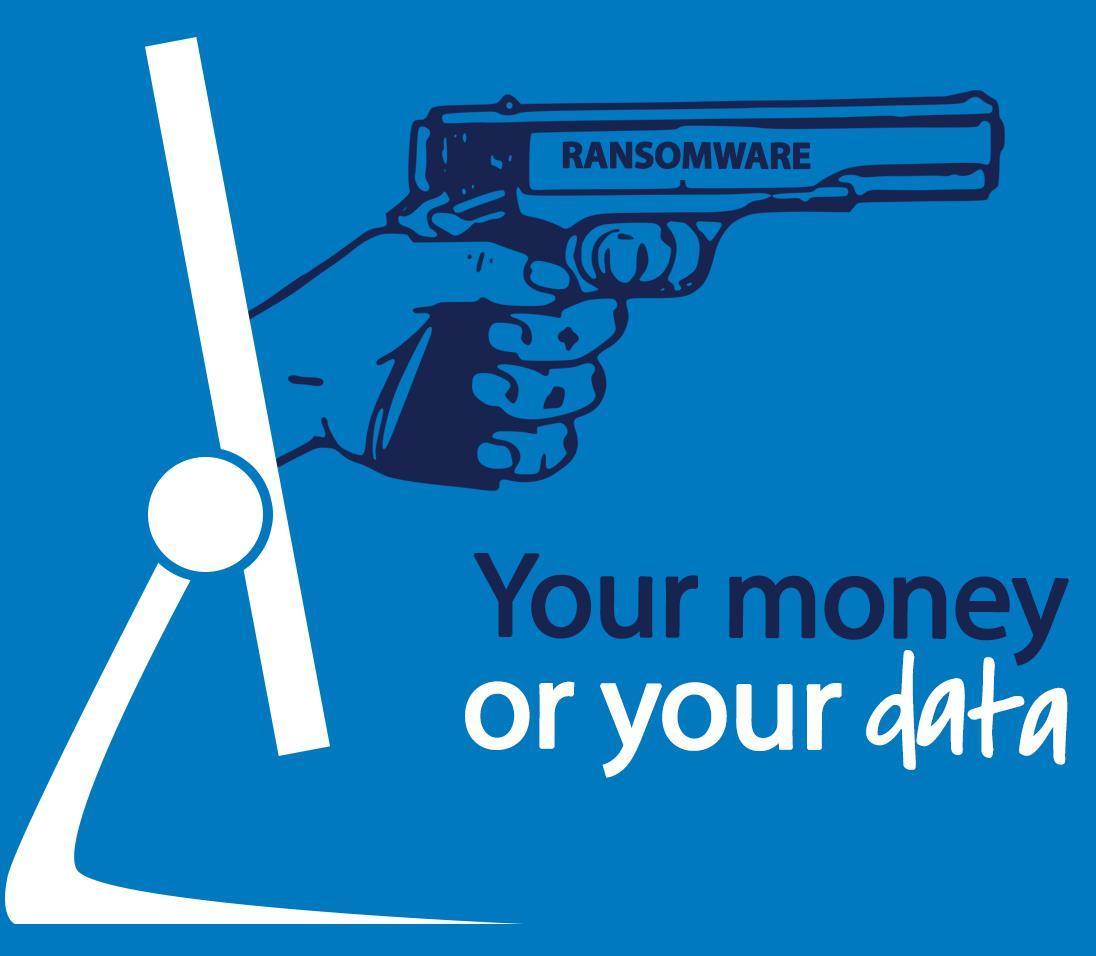South Korean web hosting firm hit by Erebus ransomware infected 153 Linux servers and more than 3,400 business sites the organization hosts.
According to the blog note issued by NAYANA’s initially, hackers asked to pay 550 Bitcoins and after they negotiated up to 397.6 BTC to be paid in installments.
On June 18, NAYANA began the way toward recovering the servers in groups. A portion of the servers in the second group are as of now encountering database (DB) issues.
A third installment portion is additionally anticipated that would be paid after the first and second batches of servers have been effectively recovered.
Attack vector
As indicated by the security firm Trend Micro, the ransomware utilized in the attack was Erebus, which may have probably leveraged vulnerabilities or a local Linux exploit.
NAYANA’s site keeps running on Linux bit 2.6.24.2, which was compiled in 2008. Security flaws like DIRTY COW that can give attackers root access to vulnerable Linux systems.
NAYANA’s site utilizes Apache version 1.3.36 and PHP version 5.1.4, both of which were released in 2006. Apache vulnerabilities and PHP exploits are prominent.
Erebus primarily target’s South Korea-based, it infects 423 file types, encrypts files with an RSA-2048 encryption algorithm and adds the affected documents with the .ecrypt extension.
Researchers said "The file is first scrambled with RC4 encryption in 500kB blocks with randomly generated keys.RC4 key is then encoded with AES encryption algorithm, which is stored in the file. The AES key is again encrypted using RSA-2048 algorithm that is also stored in the file".
Generated RSA-2048 public key is locally shared, whereas the private key is encrypted using AES encryption and another randomly generated key.
Analysis from Trend micro Concludes that the decryption is not possible without having the associated private key.
General Methods to prevent Ransomware









